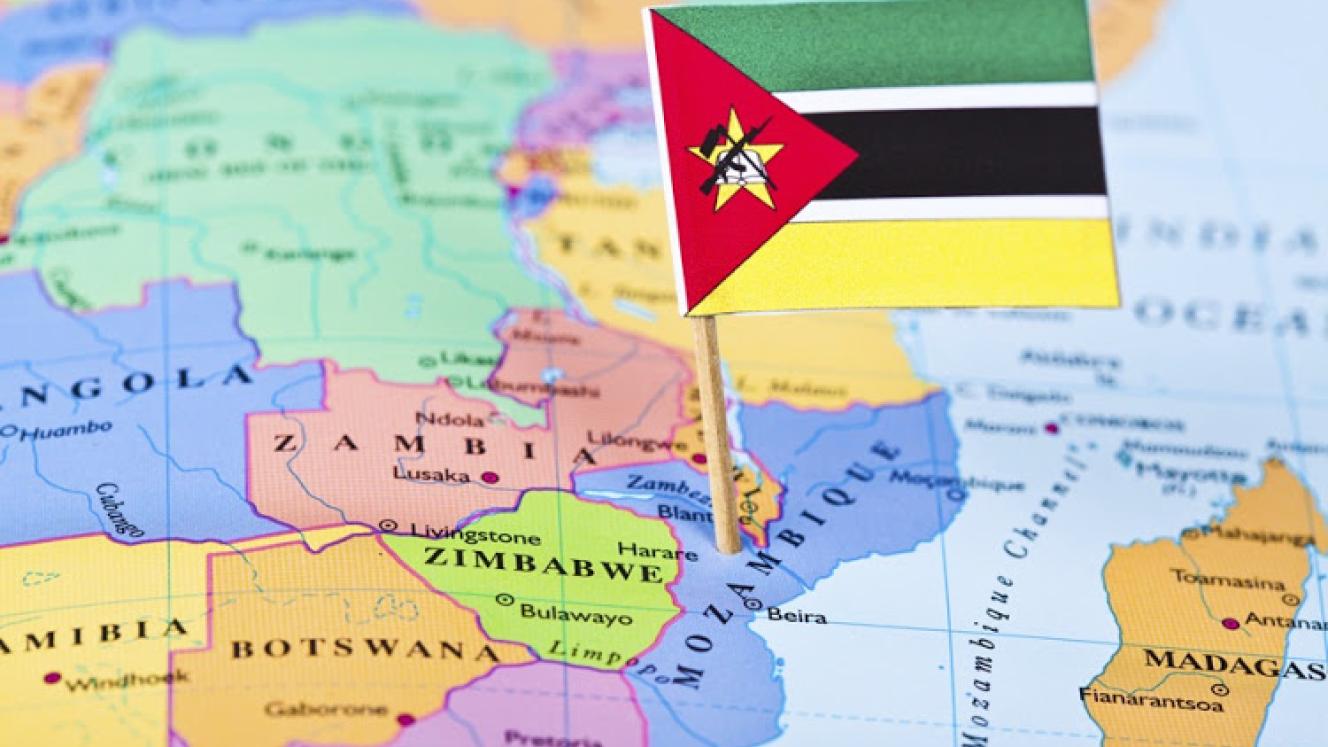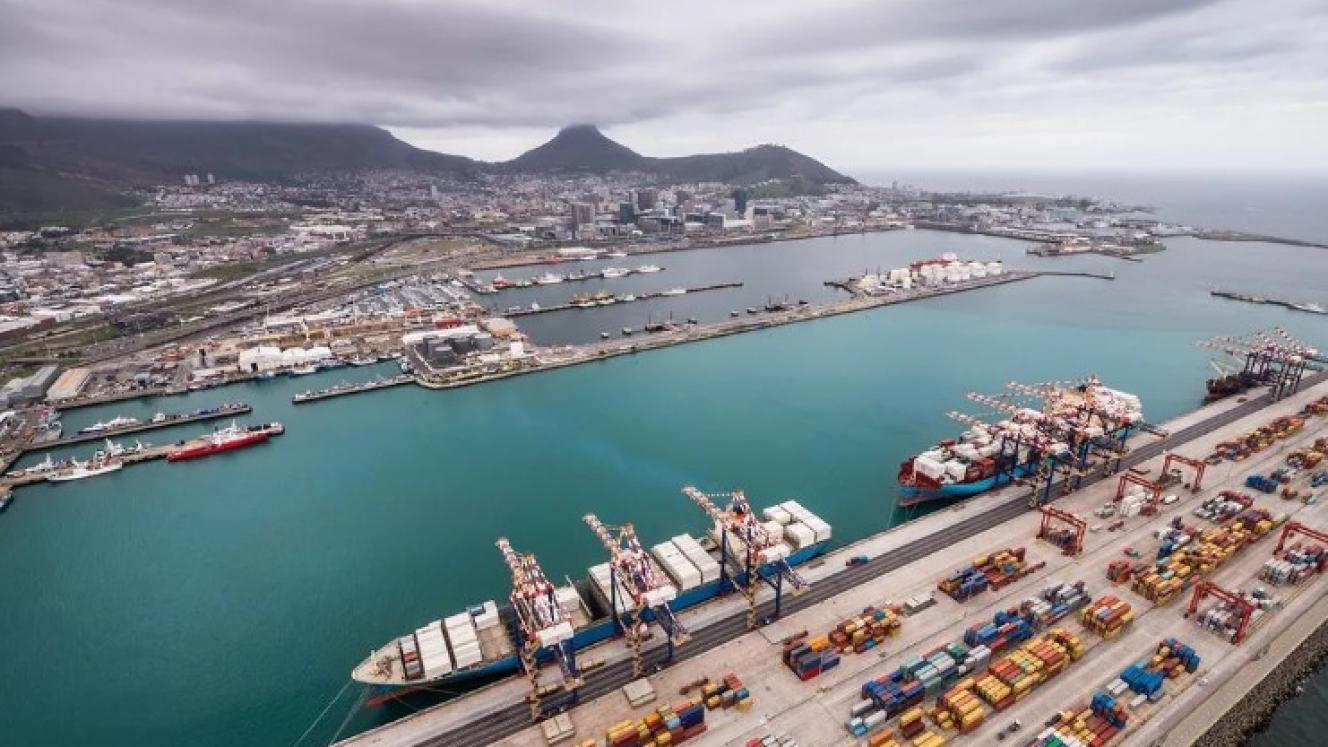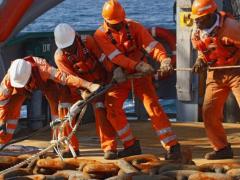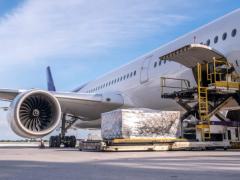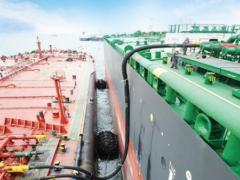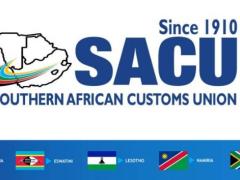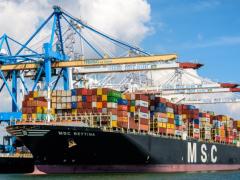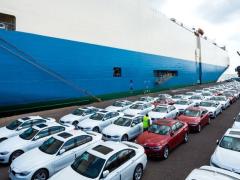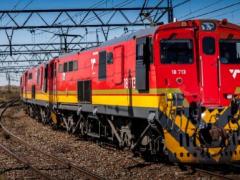A haulier of bulk liquid on Mozambique’s N6 route from the Port of Beira to Zimbabwe and onwards to the Copperbelt has warned that Zambia faces an imminent fuel shortage if the supply of cargo seals and related snags aren’t sorted out soon.
The transporter, whose name is withheld for fear of victimisation, earlier this week explained how Mozambique’s recently implemented in-transit cargo-securing seal system had been pushed through without proper planning and preparation.
As a result trucks have been held up at borders, blocking up the port, while authorities figure out how to deal with capacity constraints and crooked clearing agents exploiting the system – a charge denied earlier this week by Mozambique Electronic Cargo Tracking Services (MECTS).
There are enough staff to attach and remove seals and enough capacity to move seals back and forth from point to point, an MECTS official said.
The real reason for delays, he added, was the impact of Covid-19 on services at Beira and Mozambique’s various borders.
Initially the haulier gave MECTS the benefit of the doubt, but this morning he didn’t hold back as he laid into what it meant for a company such as the one he manages.
“We’ve got 21 tankers stuck in Beira at the moment, waiting to load. Some of our trucks have now been held up for at least seven days. Usually it takes seven days to complete a trip from Beira to Lusaka, yet we’re still waiting for seals.
“They keep saying the waiting time is no longer than two days, but that’s rubbish. We have people on the ground with cellphones keeping us abreast of developments. We don’t know what’s going on. The fact of the matter is that they implemented this system without giving proper thought as to what it will take to make it work.”
As he was talking to Freight News, the haulier was getting ready for a meeting with high-ranking officials in Lusaka, commenting that if something isn’t done about the situation Zambia’s fuel supply could run dry.
“And they don’t want that, not in an election year.” The cash-strapped, corruption-ridden government of Edgar Lungu will be fighting for re-election in August.
In the meantime the Federation of East and Southern African Road Transport Associations (Fesarta) is trying to remedy the situation by setting up an online meeting for private sector interests eager to engage officials from MECTS and Mozambican customs about the seals.
“We’re organising a virtual conference for next week,” Fesarta chief executive Mike Fitzmaurice said.
“Anyone who has issues will be able to raise them directly with the relevant public-sector representatives.”
He added that it should be understood that because the seal system in Mozambique was new, there would naturally be teething problems.
He flagged the responsibility of clearing agents in collecting and duly processing payment as one of the problems that ought to be examined, as well as the need for a uniform system across the region.
“One of the challenges we sit with is that countries in the region are doing things differently. In the DRC they use one seal per truck irrespective of the number of trailers. In Malawi they use more than one seal but they don’t charge the transporter, they charge the importer. In Zimbabwe they also use more than one seal, but they only charge for one. And in Mozambique they charge for every seal they attach to a truck.”
The haulier, who vented his ire at MECTS, said it was just another reason to exploit transporters.
“These governments aren’t there to help us. They’re there to see how much money they can make.”
He said he was so desperate to honour his clients’ expectations of fuel delivery much sooner in the Copperbelt, he was pleading with Namibia’s Ndola Corridor representatives to do whatever they could to get ship fuel in via the Port of Walvis Bay.
Problem is, although the World Bank has for five consecutive years punted Namibia’s road infrastructure for being the best on the continent, fuel trucked from Walvis will make its way into Zambia at Sesheke.
“And that road is in an absolute state,” the haulier said.
“It takes four or more hours to do less than 150 kilometres before getting to Kazungula" – the point where the road markedly improves going north to the Copperbelt.
